
You are doing it all wrong. Here's the right way to store spices
Spices are the unsung heroes of every culinary creation, transforming ordinary dishes into vibrant experiences filled with rich flavors and aromatic notes that awaken the senses. Yet, despite their essential role in cooking, many home chefs unintentionally diminish the quality of their spices through improper storage. The way spices are stored directly affects their freshness, potency, and ultimately, the depth of flavor in every meal.
Understanding the science behind spice storage is key for anyone who wants to elevate their cooking. This comprehensive guide will clear up common misconceptions, share expert-backed tips, and help you maintain a spice collection that stays as fragrant and flavorful as the day you bought it.
1. The Importance of Proper Spice Storage
Proper spice storage is more than a matter of organization—it’s essential for preserving the delicate oils that give each spice its distinctive aroma and taste. These volatile oils are sensitive to light, heat, and humidity, all of which accelerate the breakdown of flavor compounds.
Storing your spices in a cool, dark, and dry place keeps these oils intact for longer. As a general rule, ground spices last between two and three years, while whole spices can remain potent for up to four years if stored correctly. By simply following good storage habits, you can extend their shelf life and ensure that every pinch adds the full burst of flavor you intended.
2. Why Your Kitchen’s Heat Is Your Spice’s Enemy
Heat is one of the biggest enemies of spice longevity. Ideally, spices should be stored at temperatures below 70°F (21°C) to retain their vibrancy. However, many cooks store them right above or next to the stove for convenience—unfortunately, that’s one of the worst spots in the kitchen.
When spices are repeatedly exposed to heat, the volatile oils evaporate faster, robbing them of their aroma and depth. To prevent this, store spices away from ovens, stovetops, and microwaves. Instead, designate a spice cabinet or drawer in a cool, shaded corner of your kitchen, where temperature changes are minimal.
3. The Best Locations for Storing Spices
Location is everything. The ideal spot for spices is a place that’s cool, dark, and dry—a pantry, a drawer, or a cupboard away from windows and direct sunlight. Sunlight can bleach color and destroy flavor compounds, while moisture leads to clumping or mold growth.
If you don’t have a pantry, choose a cabinet far from dishwashers and sinks, which release humidity. It’s also wise to avoid storing spices near exterior walls that experience temperature fluctuations. Maintaining a stable microclimate is key to preserving both flavor and texture.
4. Why Clear Glass Jars Aren’t Ideal
Clear glass jars may look elegant on open shelving or spice racks, but they expose your spices to damaging light. Over time, light exposure breaks down the essential oils and dulls both the color and aroma of the contents.
If you love glass containers, opt for tinted or frosted glass to block UV rays. Even better, use opaque metal tins or ceramic jars, which offer complete protection from light. A stylish label can make these containers just as attractive while keeping your spices fresh and flavorful much longer.
5. Choosing the Right Containers for Longevity
The container you choose can make or break your spice’s lifespan. Airtight containers are a must, as air exposure leads to oxidation, which dulls flavors. Look for jars with tight-sealing lids or twist-lock mechanisms that keep air and moisture out.
Stainless steel, ceramic, and dark glass are top-tier materials that block light and maintain stable conditions. Avoid thin plastic containers—they’re porous, can absorb odors, and sometimes even leach chemicals that alter a spice’s flavor profile. Investing in quality containers is a small cost that pays off in culinary excellence.
6. The Risks of Mixing Old and New Spices
Mixing old and new batches might seem harmless, but it can sabotage your seasoning. Older spices that have lost potency will dilute the strength of fresh ones, leaving you with muted flavors. It also makes it harder to tell how fresh your mix really is.
To maintain consistency, finish old spices before refilling the jar, or clearly label containers with the date of the oldest batch. This helps you track freshness and ensures your recipes always taste their best.
7. How to Properly Refill Your Spice Jars
Before refilling spice jars, take a few extra minutes to clean them thoroughly. Wash with hot, soapy water, rinse well, and let them dry completely—even a trace of moisture can cause clumping or mold. This also removes lingering aromas that could interfere with new flavors.
When transferring spices, use a small funnel to prevent spills, and label each jar with the spice name and purchase date. For larger collections, consider organizing alphabetically or by cuisine type—this saves time and keeps your kitchen looking professional.
8. Understanding the Shelf Life of Spices
Different spices age at different rates. Whole spices such as cinnamon sticks, nutmeg, and peppercorns can last up to four years, while ground spices like turmeric, paprika, or cumin typically keep their potency for about one to three years.
Herbs, on the other hand, are more delicate. Dried basil, parsley, and chives begin to fade after about a year. You can test freshness by crushing a small amount in your hand—if the aroma is faint or flat, it’s time to replace it. Regular checks help ensure that your dishes remain bright, bold, and fragrant.
9. The Annual Spice Replacement Routine
Just like spring cleaning, your spice collection deserves a yearly refresh. Set aside one day each year to evaluate every jar—look for dull colors, weak scents, or faded labels. Discard anything that no longer smells vibrant or tastes strong.
Keeping a spice inventory list with purchase dates can simplify this process. When you restock, consider buying smaller quantities more frequently; this ensures that your spices stay fresher and you waste less over time. Think of it as maintaining a living library of flavor that evolves with your cooking.
10. Debunking Popular Spice Storage Myths
Several persistent myths continue to mislead home cooks. One common misconception is that storing spices in the refrigerator will keep them fresh longer. In reality, the refrigerator’s humidity can cause spices to clump or even develop mold.
Another myth is that spices never expire. While they don’t spoil like milk or meat, they do lose potency, often becoming flat or bitter. Regularly testing and replacing them ensures your food tastes the way it should—rich, balanced, and aromatic.
11. Viral Hacks: What Works and What Doesn’t
Social media is full of “life hacks,” but not all are worth following. One trend recommends freezing spices. While freezing whole spices like nutmeg or cardamom can help preserve them, ground spices absorb moisture and lose their smooth texture.
Another hack involves adding silica gel packets to spice jars to absorb moisture. This can be effective in very humid climates—but only if you’re using food-safe desiccant packets. Always double-check the safety and logic behind any viral advice before trying it in your kitchen.
Final Thoughts
Spices are tiny treasures that bridge the gap between simple and spectacular cooking. By understanding how to store them properly—away from light, heat, air, and moisture—you protect both their flavor and your investment. Whether you’re experimenting with exotic blends or relying on everyday staples, mindful spice storage ensures that every meal bursts with authentic, vibrant taste.
News in the same category


Tips for cleaning an air fryer without scrubbing and still clean as new

The water pipe is clogged, just blame this and it will be solved easily, no need to waste money calling a plumber.

How to clean the bathroom easily and effortlessly: It will stay clean and fragrant all week long

Simple tips for making crispy roast pork skin without much effort: Golden brown, crispy skin like in restaurants

Dirty sofa, do not use wet towel to wipe: Use this to clean it, it will not be damaged
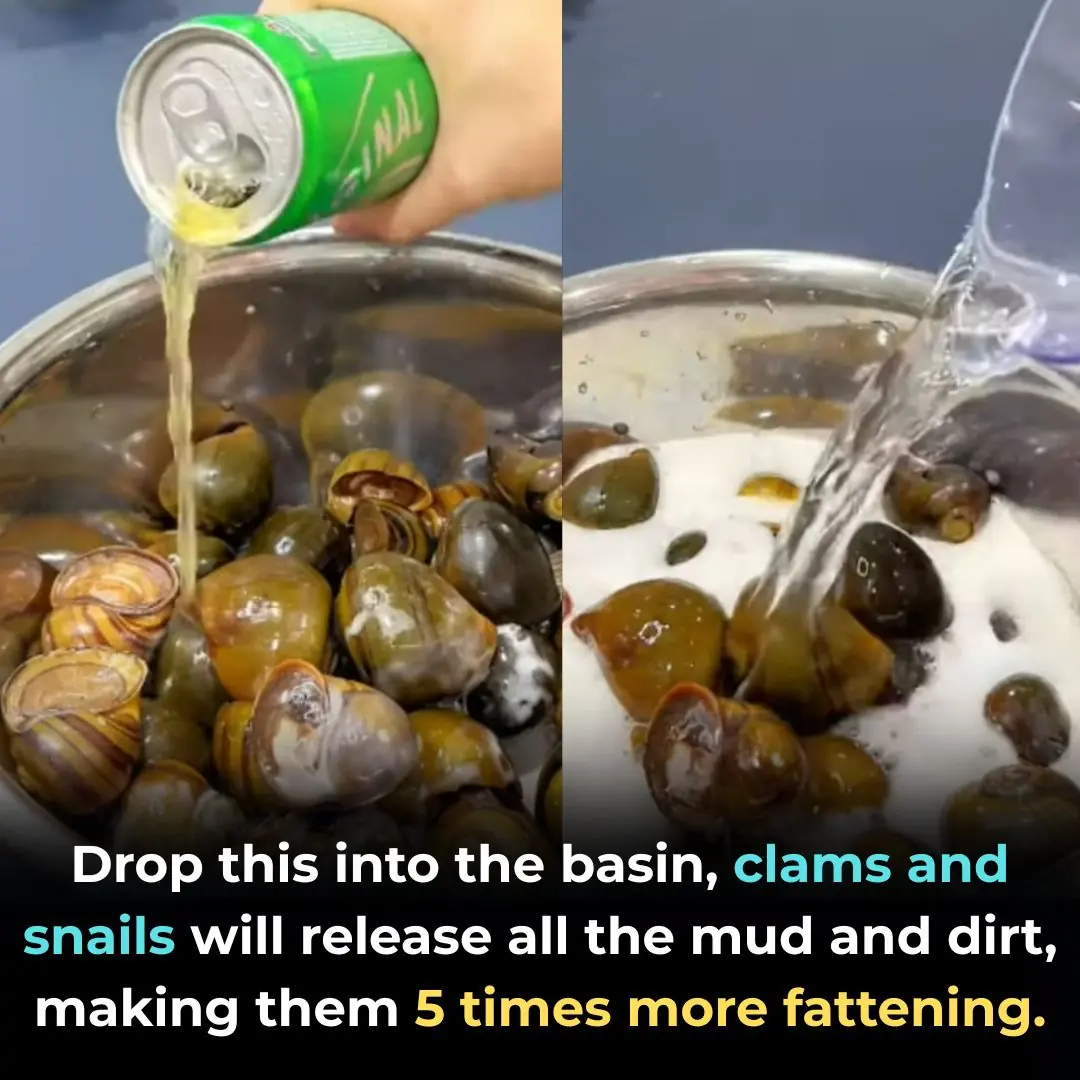
Drop this into the basin, clams and snails will release all the mud and dirt, making them 5 times more fattening.
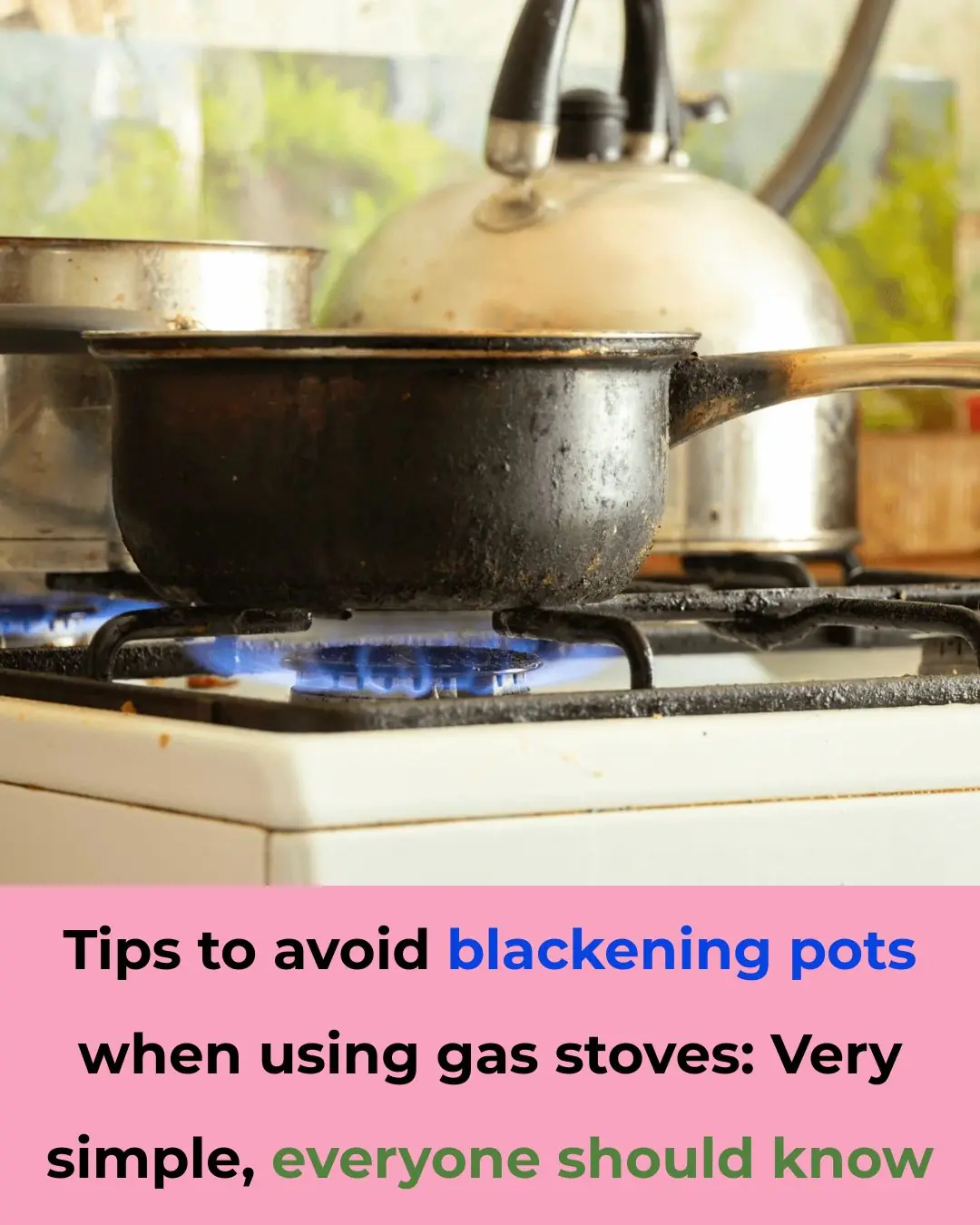
Tips to avoid blackening pots when using gas stoves: Very simple, everyone should know

Learn from the Japanese by soaking bananas in this water: Get a longevity food, not everyone knows
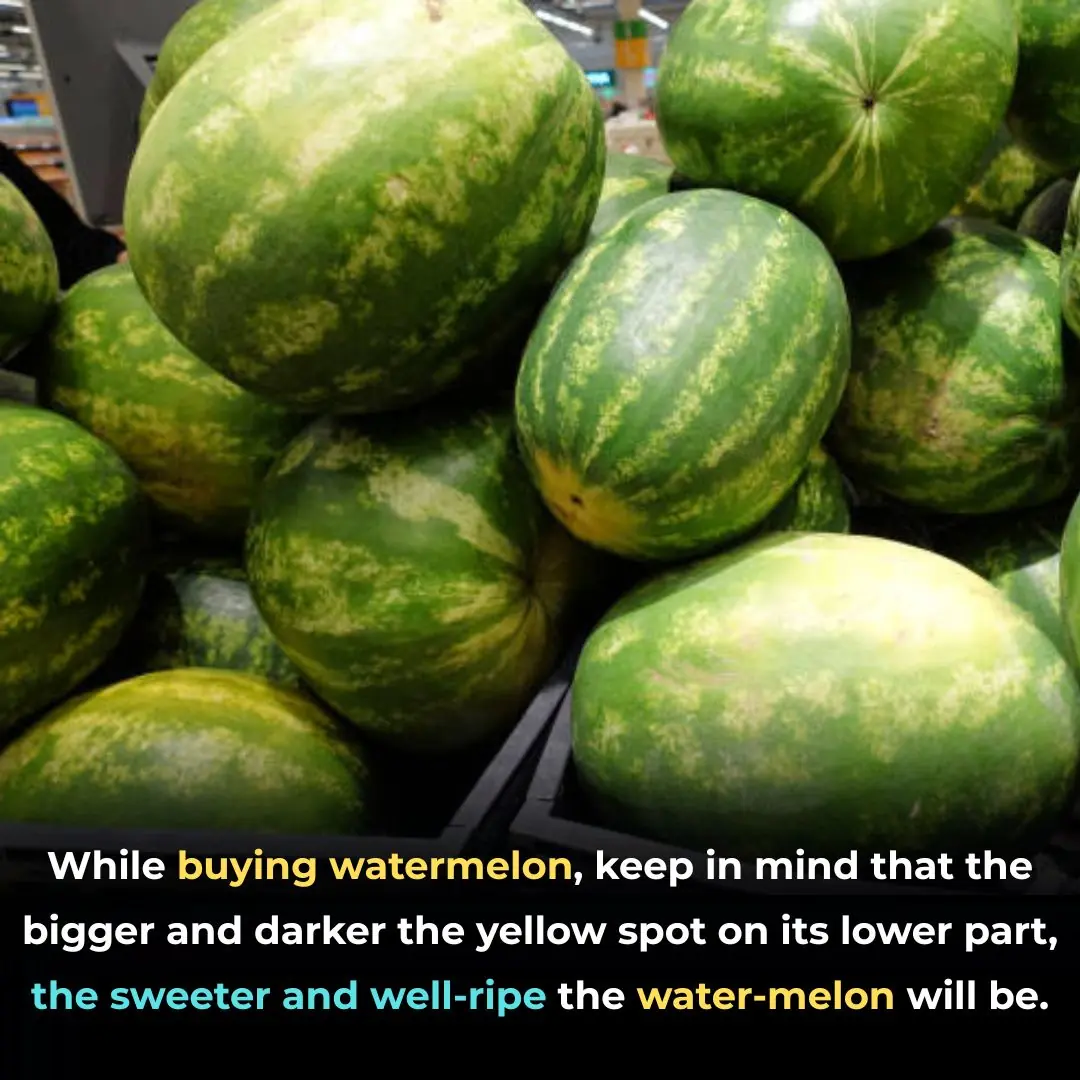
See why and how to choose melon effectively...

You are doing it all wrong. Here's the right way to clean stainless steel

Should You Throw Toilet Paper in the Toilet or in the Trash?

You are doing it all wrong. Here's the right way to clean your windows

Add This to Your Mopping Water – Your Floors Will Shine Like New and Stay Dust-Free for a Whole Week

Hidden Smartphone Tricks You Didn’t Know About

Were you aware of this? Wow, I discovered something new!

The Uses Of This Small Hole On a Padlock

You are doing it all wrong. Here's the right way to clean your washing machine

You are doing it all wrong. Here's the right way to use your dryer
News Post
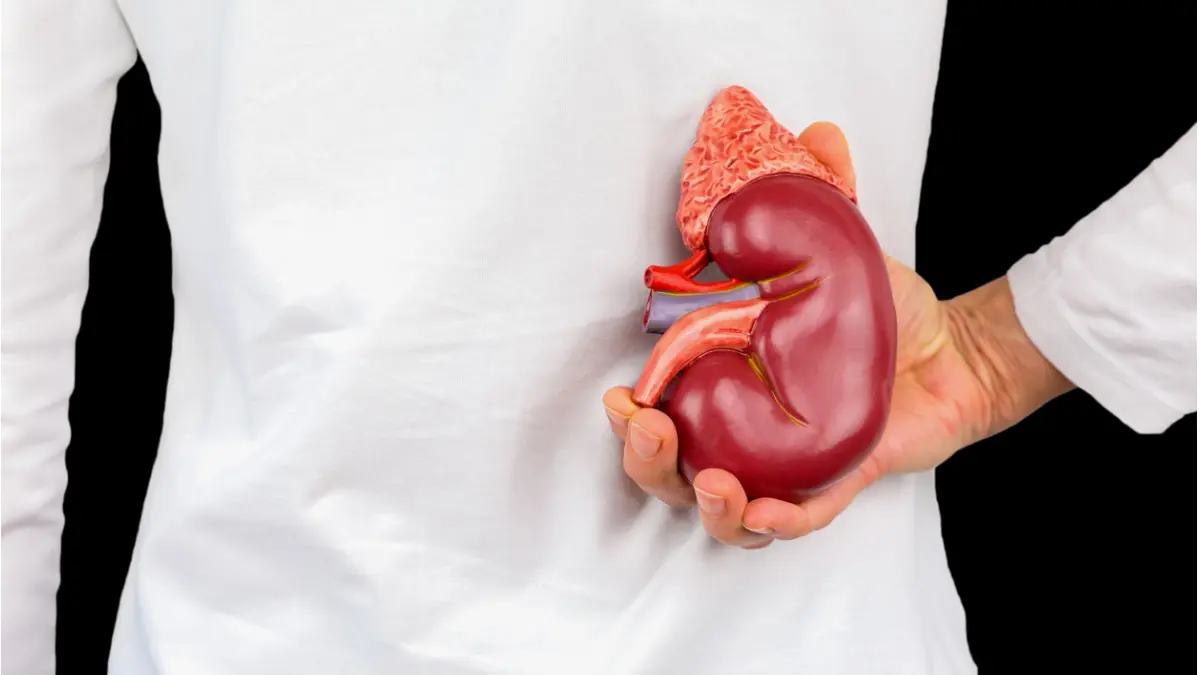
The #1 Food for Detoxifying and Supporting Kidney Health
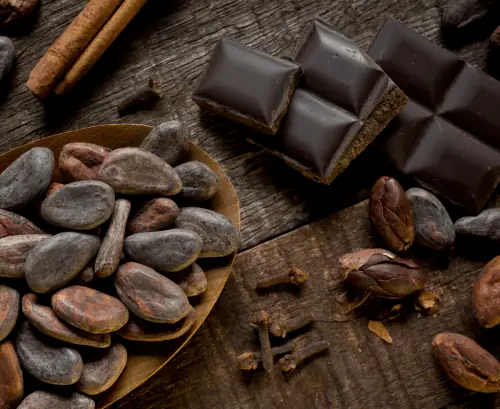
Dark Chocolate and Tea Found to Significantly Lower Blood Pressure

Why This Doctor Refuses to Prescribe Statins for High Cholesterol
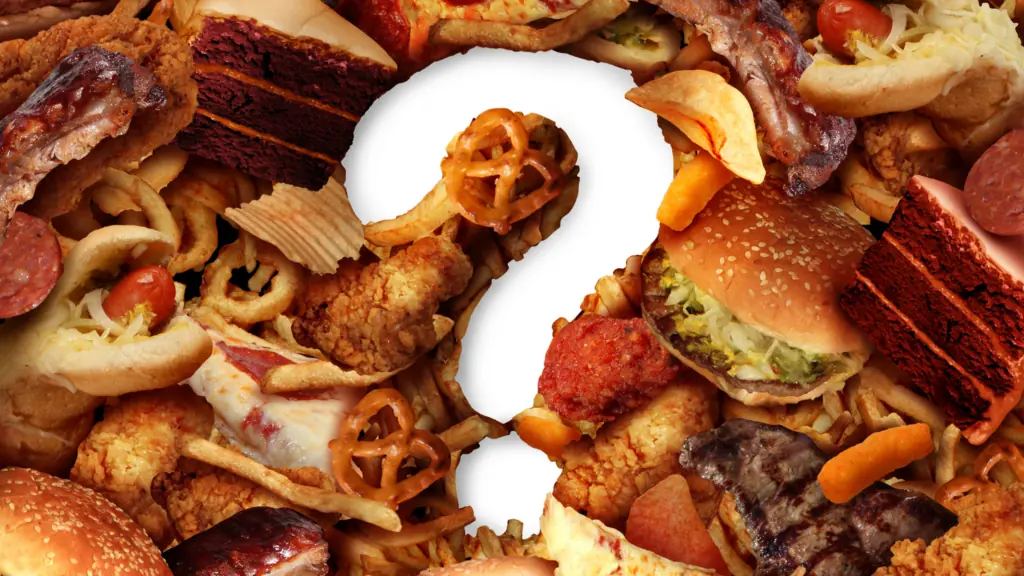
Top 5 Foods to Avoid if You Have High Blood Pressure
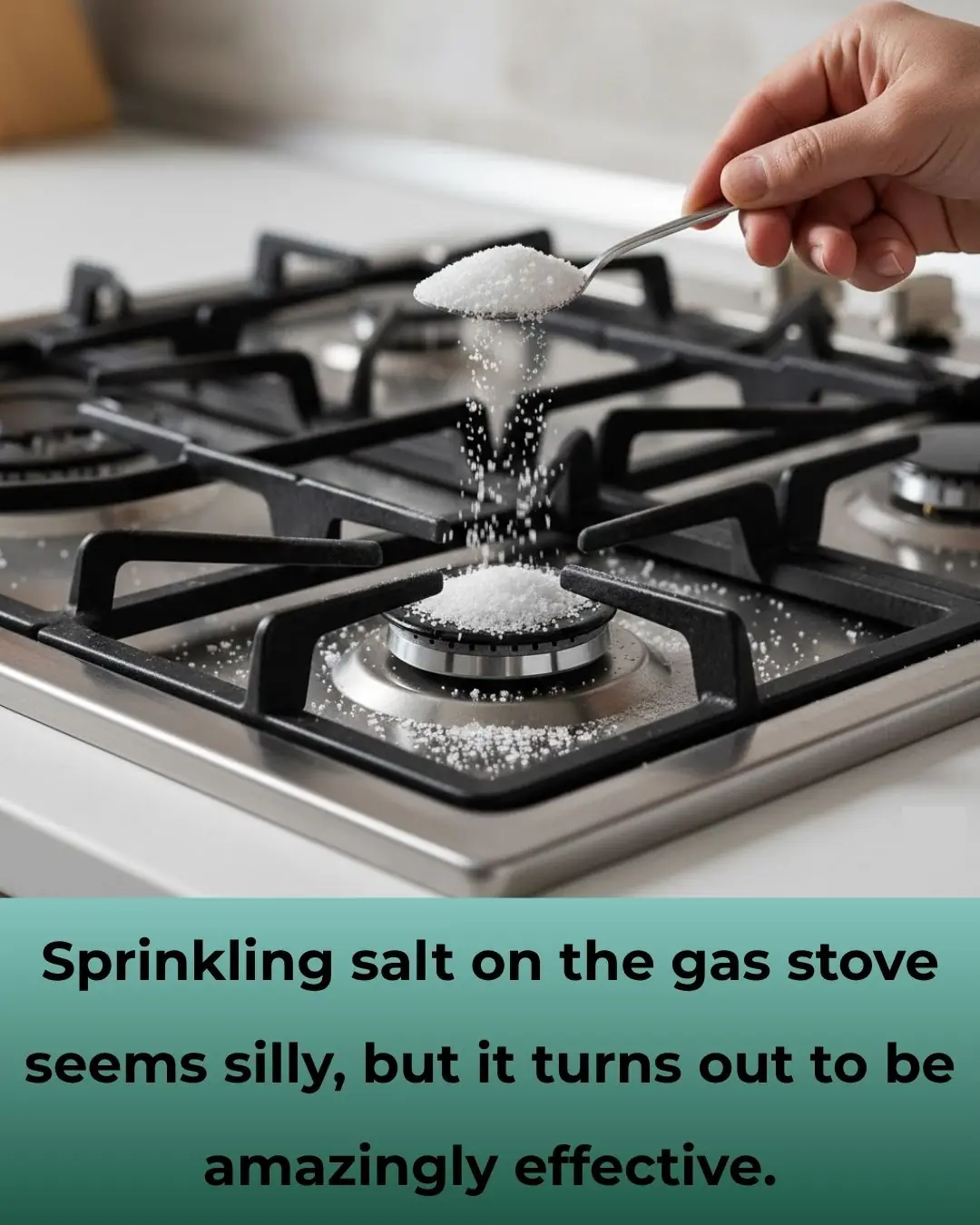
Why You Should Sprinkle Salt on Your Gas Stove

3 Flowers That Make Snakes Tremble — Natural Repellents You Can Grow at Home
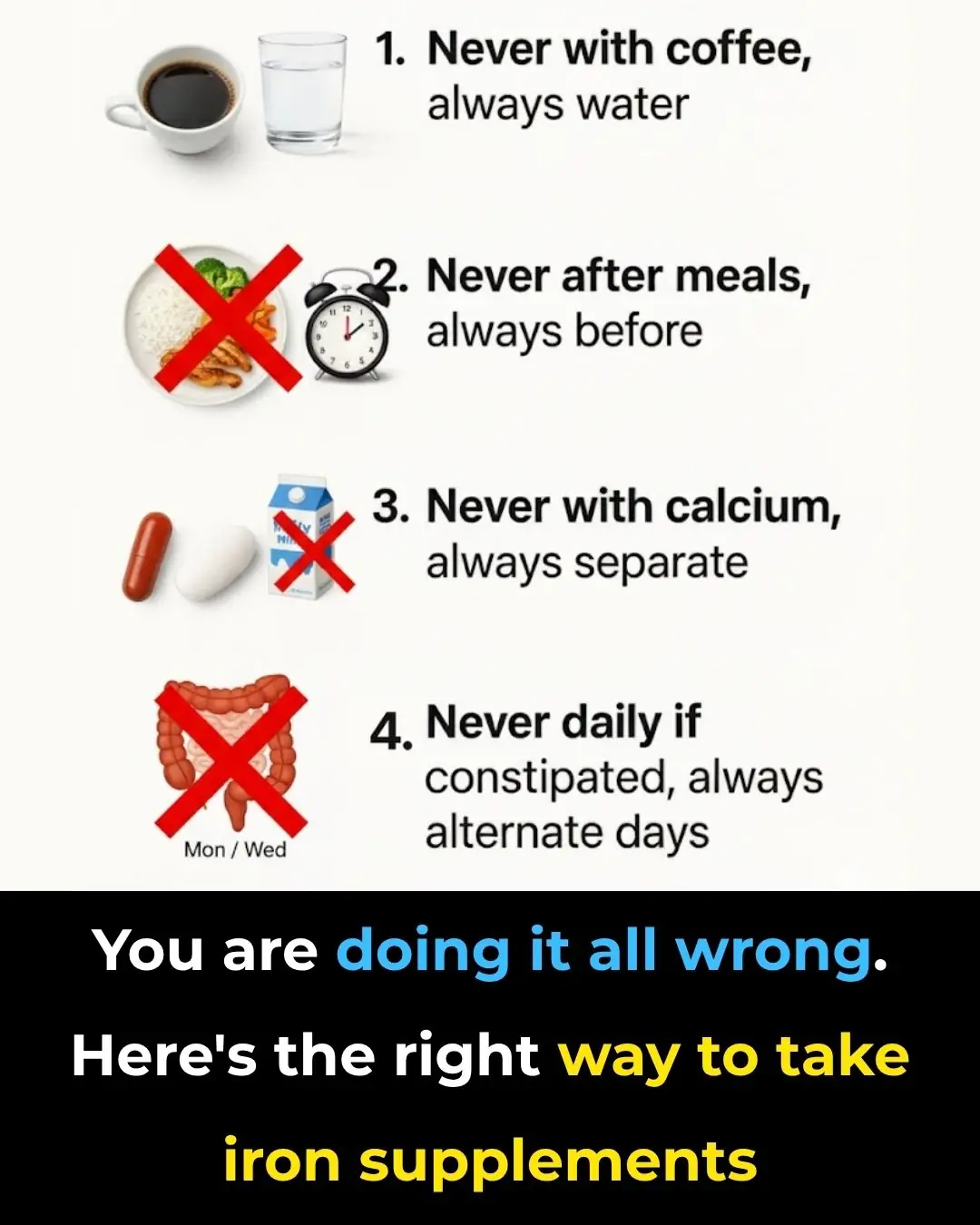
You’re Taking Iron Supplements Wrong — Here’s the Science-Backed Way to Do It Right

Nana’s Baking Soda Hack: The Surprisingly Effective Trick to Soften and Thin Thick Toenails

Never Mix Medications in One Box: 10 Serious Risks Most People Don’t Know

The Right Way to Take Ashwagandha: A Science-Backed Guide to Unlock Its Full Potential

Shrimp injected with impurities is easy to distinguish: Smart people will see this point

Tips for cleaning an air fryer without scrubbing and still clean as new
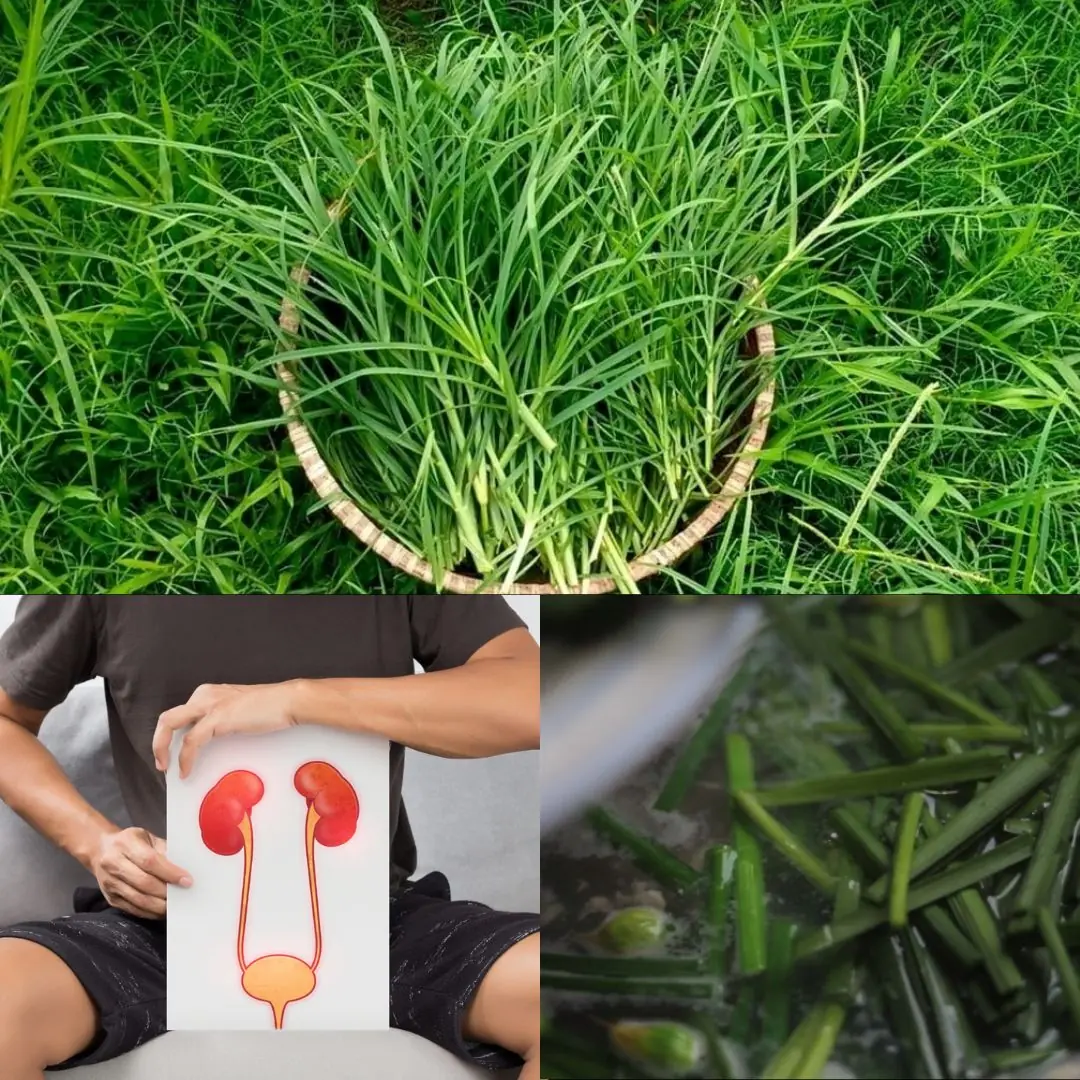
25 Incredible Health Benefits of Goosegrass

The water pipe is clogged, just blame this and it will be solved easily, no need to waste money calling a plumber.

How to clean the bathroom easily and effortlessly: It will stay clean and fragrant all week long

Simple tips for making crispy roast pork skin without much effort: Golden brown, crispy skin like in restaurants

How bathing too often can affect your health

Dirty sofa, do not use wet towel to wipe: Use this to clean it, it will not be damaged

Drop this into the basin, clams and snails will release all the mud and dirt, making them 5 times more fattening.
